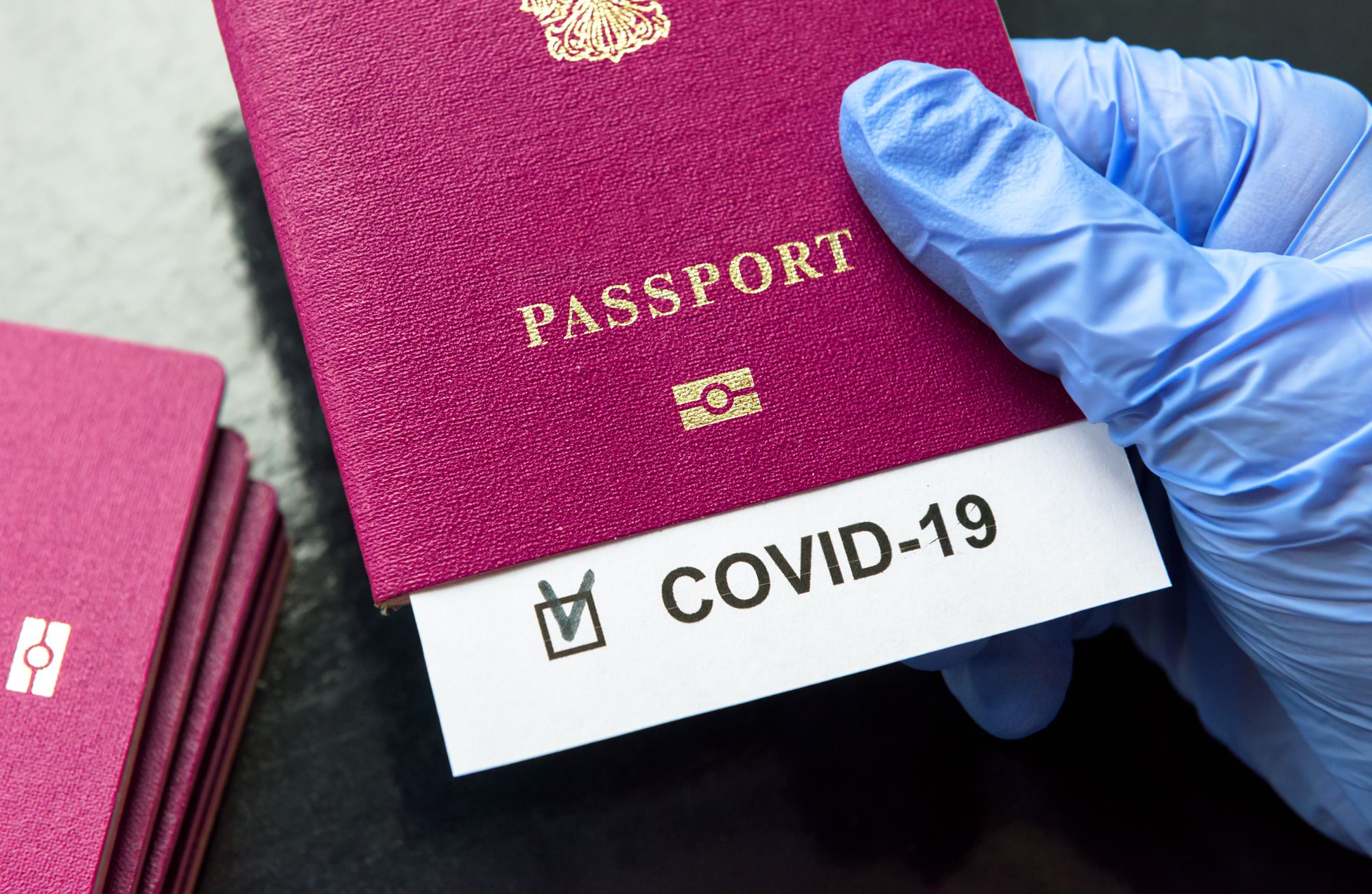The issue of the vaccine passport to allow those who have received two doses of the coronavirus vaccine to escape quarantines and travel restrictions still divides European governments. On the one hand, the countries in favor of its generalization and on the other those which are reluctant to the idea of ”giving some people more rights than others”.
The idea of a vaccine passport is arousing the interest of several countries, some of which have already implemented it, and of the tourism industry hard hit by the pandemic, but it is dividing in Europe. Indeed, European countries want to set up a vaccine passport as soon as possible, in order to allow free movement of people who have received the two doses of vaccine. But the question divides Europe and each of the two camps has its arguments in favor or against this passport, which certifies that an individual has received his two doses of vaccine against Covid-19, and that he can therefore escape the constraints quarantine and travel restrictions.
On the one hand, the countries favorable to its generalization, such as Greece, Austria, Hungary, Italy, Spain, Denmark, Serbia, Cyprus, the Czech Republic, Estonia, Portugal, Slovakia, … who perceive the vaccine passport as a means of lifting the restrictions put in place against Covid-19. Among these, the most committed are Greece, Denmark, Italy and Spain who say they are ready to introduce this process as soon as possible, in order to prepare for the summer holidays and allow the return of tourists quickly. . Very dependent on tourism, Greece has even entered into agreements allowing the free movement of its vaccinated inhabitants to Israel, Cyprus and Serbia. These agreements are due to take effect on April 1 for travel to Cyprus and Israel, and on May 1 for Serbia. Greece is even in talks with other countries to put in place similar agreements.
On the other hand, France, Germany, Belgium or the Netherlands, who prefer to be cautious and consider the initiative premature, due to the low percentage of people vaccinated, the risks of discrimination and the uncertainties linked to the degree of vaccine protection. Result: a vaccination certificate common to the 27 countries of the European Union is still not on the agenda even if the idea was raised again Thursday February 25 at the European summit by videoconference. But what does the World Health Organization (WHO) think?
Read also | Transavia, low-cost subsidiary of Air France, will open a new line to Morocco
A major player in this debate, the WHO also calls for caution. For her, no question “for the moment” that the vaccination certificate is a prerequisite for travel. The WHO is concerned that the priority vaccination of travelers is to the detriment of the most vulnerable populations elsewhere in the world, while the doses are limited. Its emergency committee adds that “individuals who do not have access to the vaccine would be unfairly prevented from traveling if proof of vaccination became compulsory”.
As a reminder, the idea is not new: several countries already require vaccination certificates to protect the health of travelers. Proof of vaccine against yellow fever is for example necessary to cross the border of several African countries (Benin, Burkina Faso, Cameroon, Mali, Niger or Rwanda). These certificates are printed and then stuck in the passport.
Read also | Textbooks and school notebooks: printers win their battle for national preference
–


